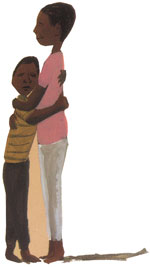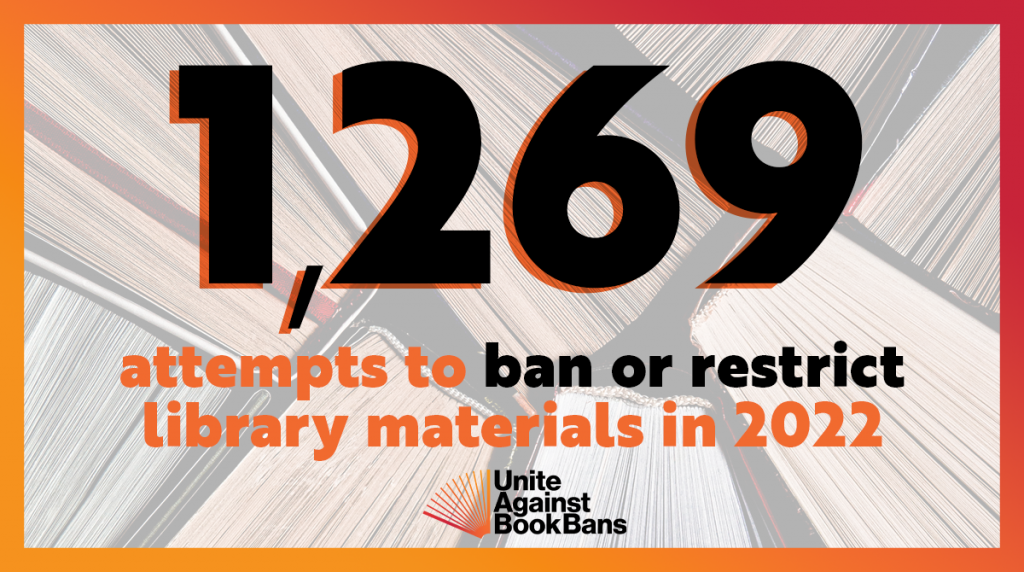Recently, I gave a presentation to a college class of future teachers. Their professor asked me: “What advice would you give a teacher who has introduced to her or his class a controversial book that has been challenged by a parent?” I am not sure the answer I gave at the time was a good one, but I have pondered the question some more and would like to offer a few suggestions.
Talk about what the book does well. Point out the main themes of the book and how it is important for today’s children to learn about them in a safe environment. Our book Brothers in Hope: The Story of the Lost Boys of Sudan tells the story of a group of boys who escape the slaughter of their people in Sudan. I recall a reviewer, who was also a mother, stating that her child did not need to worry that she might come home one day and not find her parents there. I am a parent myself, and I can empathize with this sentiment. But being a New Yorker in a post 9/11 world, I know that bad things can happen to good, innocent people close to home. Brothers in Hope keeps the most grisly violence off the page, and while there are scary parts throughout the book, the story does an excellent job of emphasizing the fact that when faced with the most dire of circumstances, the boys organized, stuck together, and looked out for one another. The boys became a family in the absence of family, and what they accomplished is a testament to children’s courage and the inner strength that enabled them to face insurmountable odds and survive. Brothers in Hope is a sad story, but it teaches children about the world we live in and shows that even acts of extreme cruelty can lead to amazing acts of grace.
children to learn about them in a safe environment. Our book Brothers in Hope: The Story of the Lost Boys of Sudan tells the story of a group of boys who escape the slaughter of their people in Sudan. I recall a reviewer, who was also a mother, stating that her child did not need to worry that she might come home one day and not find her parents there. I am a parent myself, and I can empathize with this sentiment. But being a New Yorker in a post 9/11 world, I know that bad things can happen to good, innocent people close to home. Brothers in Hope keeps the most grisly violence off the page, and while there are scary parts throughout the book, the story does an excellent job of emphasizing the fact that when faced with the most dire of circumstances, the boys organized, stuck together, and looked out for one another. The boys became a family in the absence of family, and what they accomplished is a testament to children’s courage and the inner strength that enabled them to face insurmountable odds and survive. Brothers in Hope is a sad story, but it teaches children about the world we live in and shows that even acts of extreme cruelty can lead to amazing acts of grace.
Continue reading →







